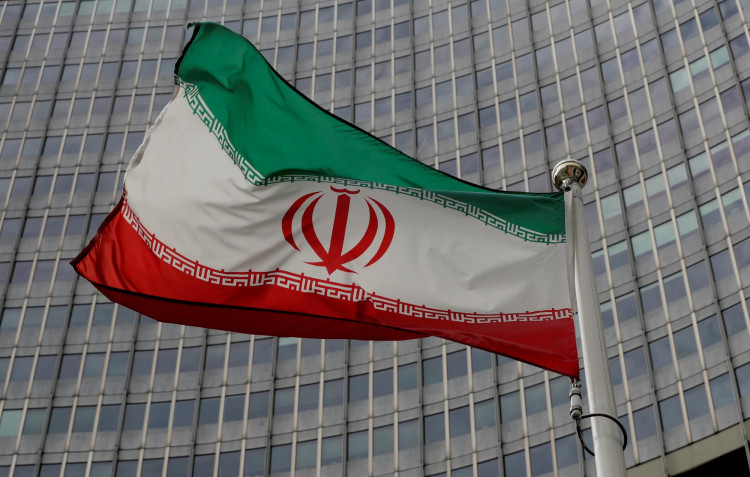Rafael Grossi, the head of the International Atomic Energy Agency, cautioned that Iran had gathered enough materials for "several nuclear weapons" and called for the resumption of diplomatic efforts to stop the country from building a nuclear weapon.
Despite the Joint Comprehensive Plan of Action (JCPOA), a nuclear deal negotiated with Iran in 2015, being "in a very bad shape," IAEA chairman is traveling to Tehran in February for a "much needed political dialogue," he added.
Grossi stated that Iran has not yet created a nuclear weapon and that the West should step up efforts to prevent it from doing so in a speech before a subcommittee of the European Parliament on Wednesday in Brussels.
Grossi referred to the JCPOA as "an empty shell," noting that little diplomatic effort is being made to revive the 2015 nuclear agreement.
"Nobody has declared it dead, but no obligation is being pursued, and ... every limit that existed in the JCPOA has been violated several times," Grossi said.
More than 90% enriched uranium can be weaponized. According to Grossi, Iran has 70 kilograms (154 pounds) of uranium enriched to 60% purity and 1,000 kilograms to 20% purity.
Last year, the IAEA demanded that Iran explain why uranium traces were discovered in three places that were not meant to be used for nuclear operations. In retaliation, Iran removed 27 of the IAEA's cameras.
Grossi stated on Tuesday that the shift has left his agency "blind" in various areas, including how much material, equipment, and centrifuges are currently available.
Grossi's scheduled visit was confirmed by Mohammad Eslami, the head of Iran's nuclear agency, who said Tehran is awaiting the IAEA chief, according to Fars news agency on Wednesday.
The collapse in efforts to save the agreement coincides with rising hostilities between the US and Iran.
The Iranian government wanted additional guarantees, which caused the negotiations to halt. The European Union has mediated covert talks between Washington and Tehran to restart the nuclear agreement.
Following the death of Mahsa Amini, 22, in September, widespread demonstrations in Iran abruptly ended the negotiations.
"The JCPOA has not been on the agenda for months," U.S. State Department spokesman Ned Price said on Tuesday.
The Biden administration also imposed sanctions on Iran in response to the government's crackdown on protestors, which included the execution of people accused of involvement.





